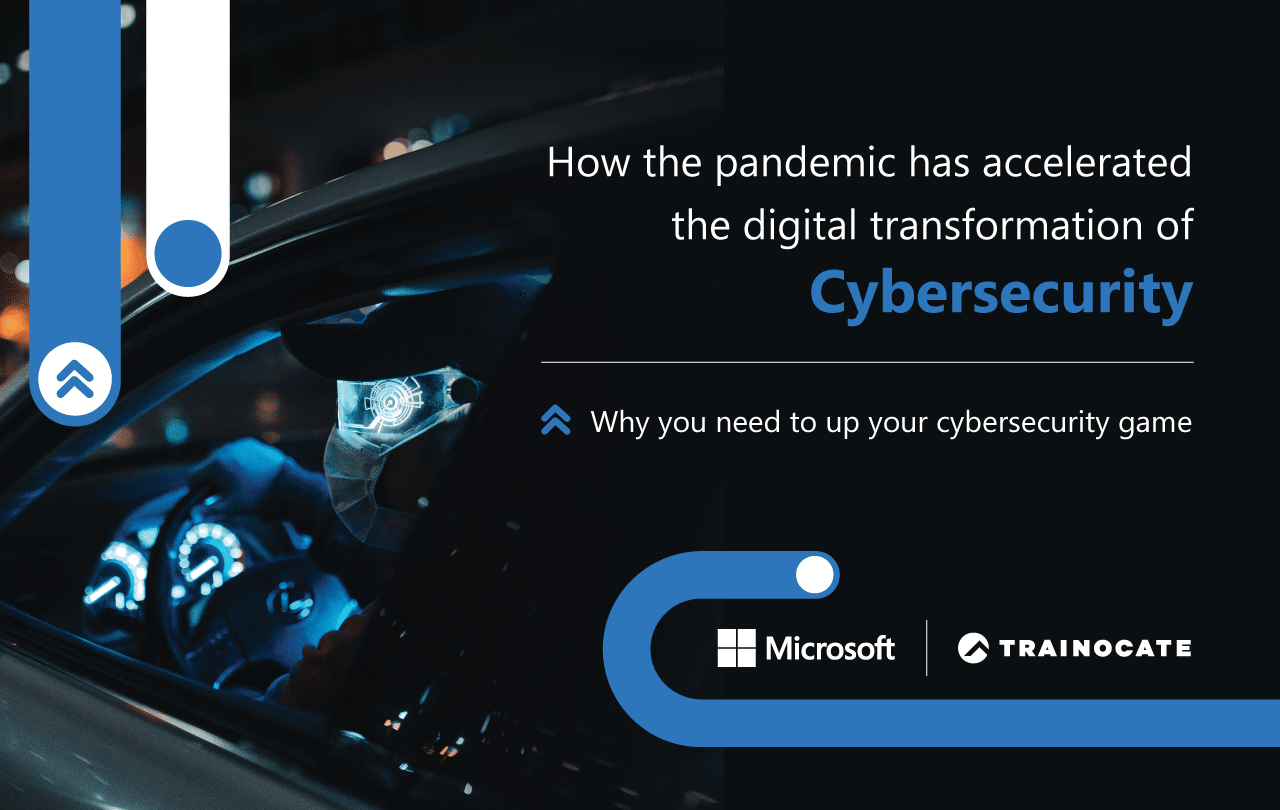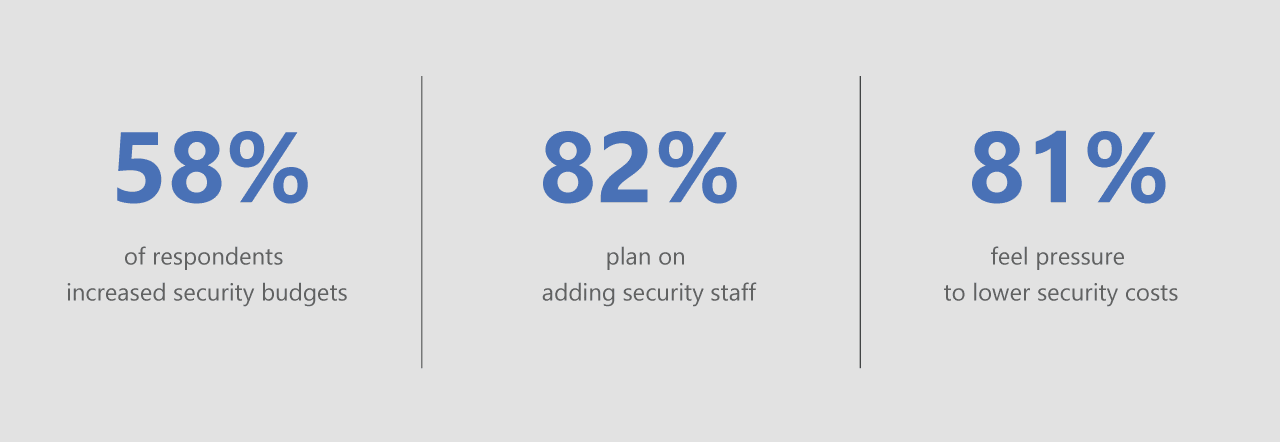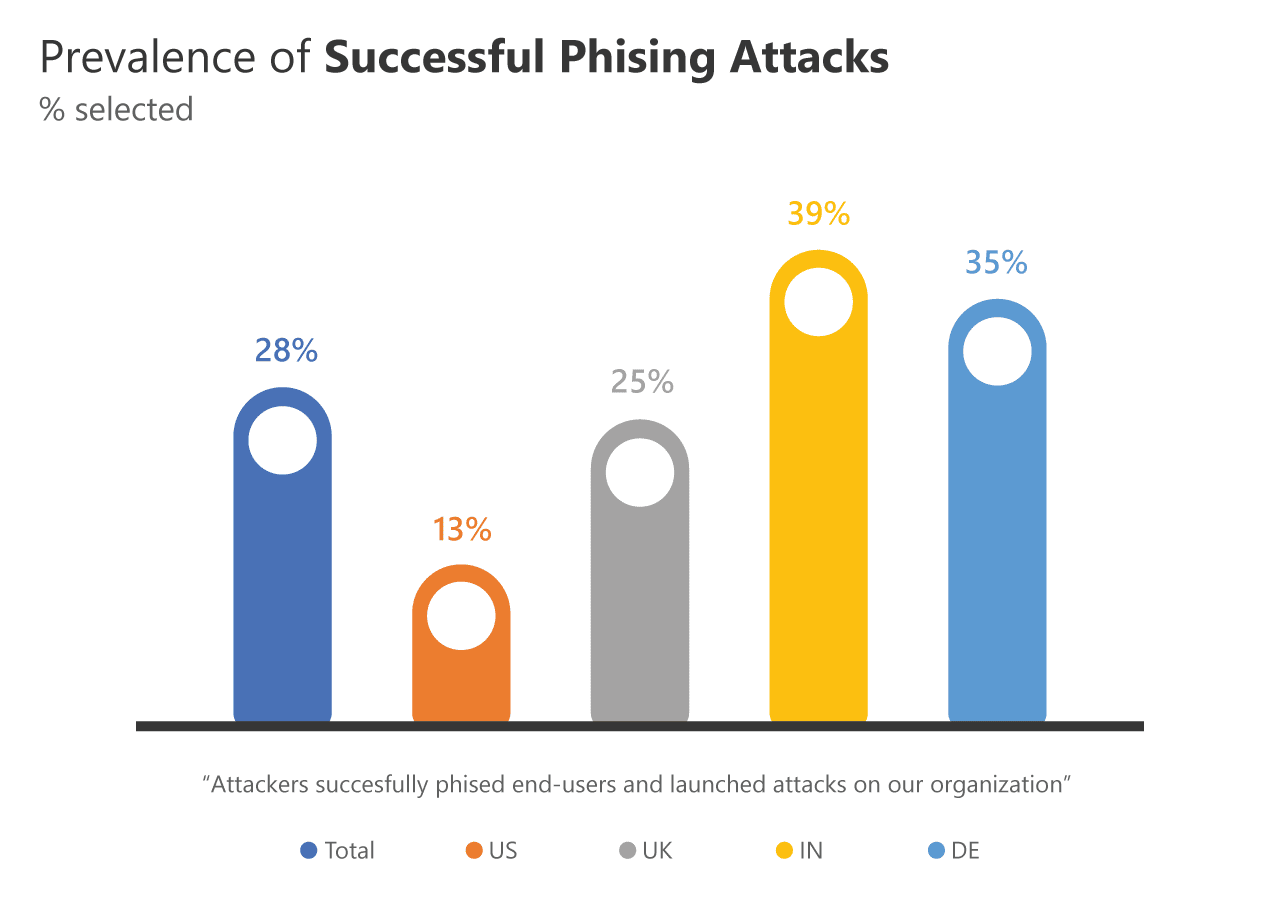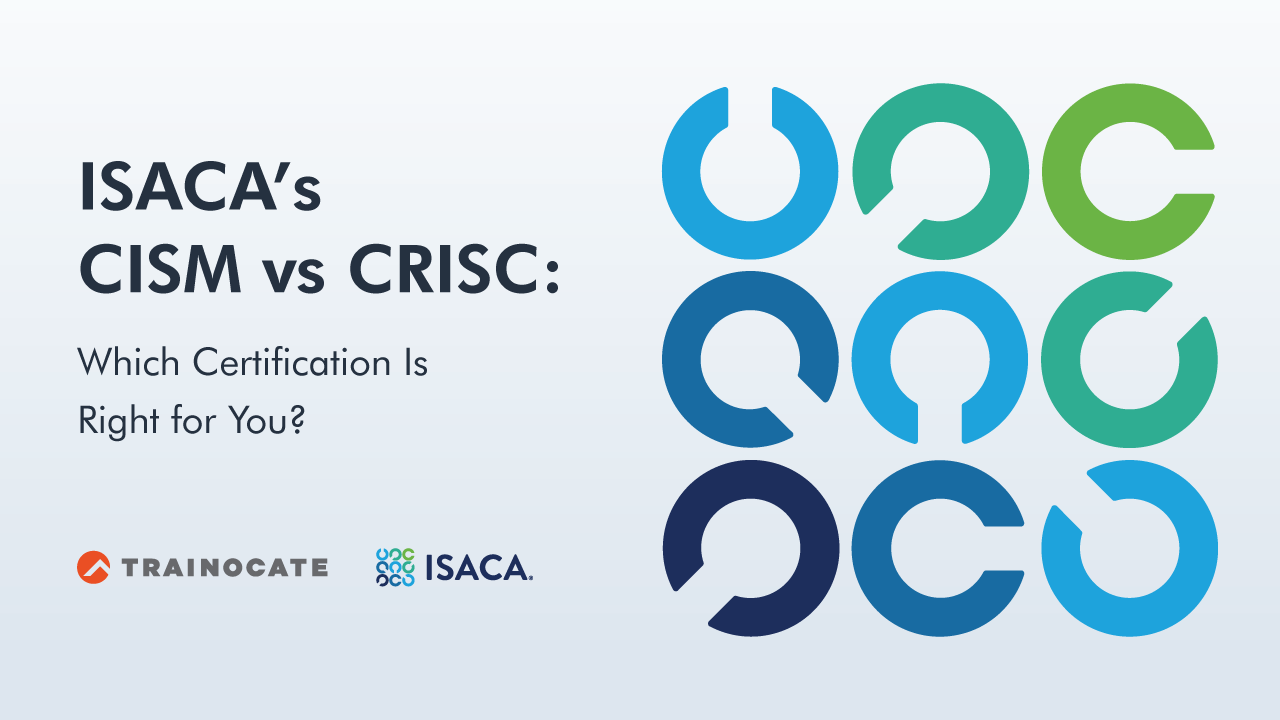Cybersecurity Awareness Month: How the pandemic has accelerated the digital transformation of cybersecurity
Cybersecurity Awareness Month: How the pandemic has accelerated the digital transformation of cybersecurity
The latest data from Microsoft demonstrates the acceleration of digital transformation of cybersecurity caused by the pandemic.
Cybersecurity is one of the primary concerns for companies today, especially with all that’s going on in cyberspace. A new report from Microsoft shows how we are accelerating our digital transformation and taking steps to better protect ourselves against hacks – it’ll just take time.
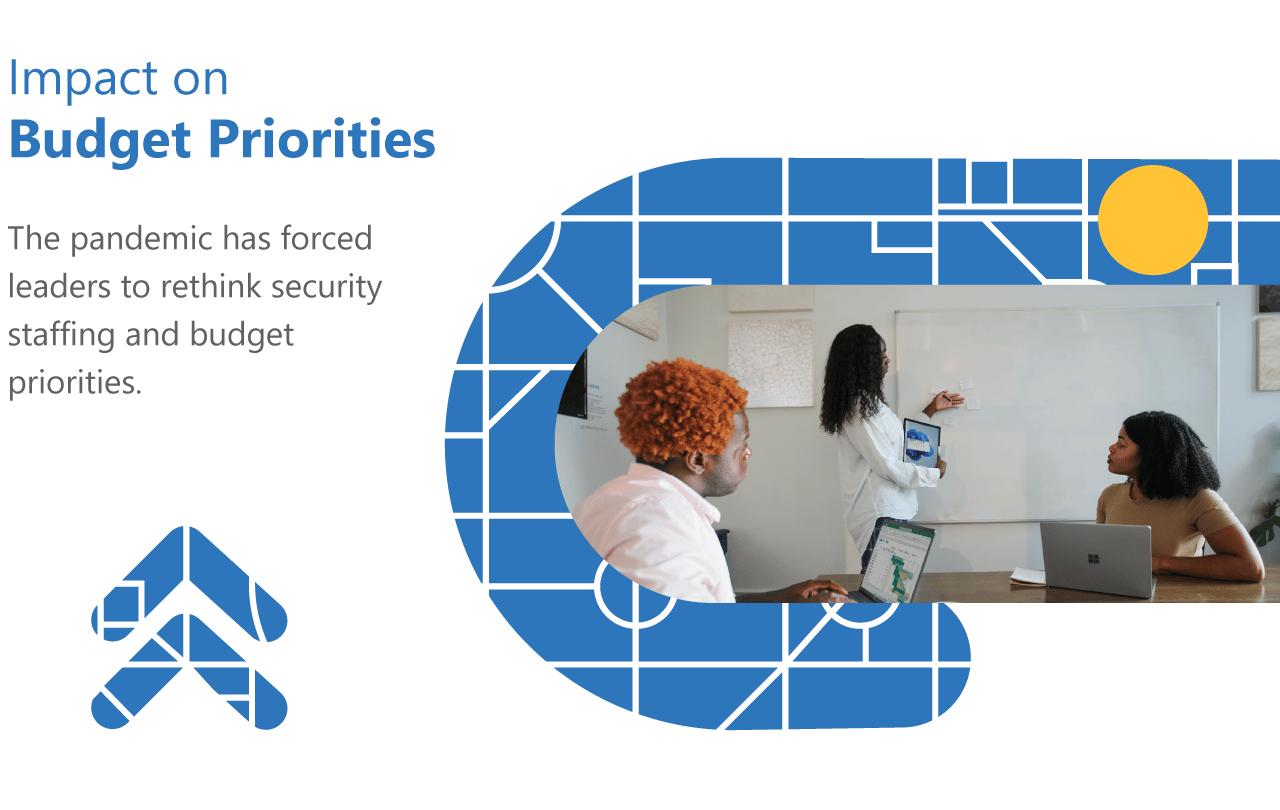
Cybersecurity is an important component of remote work, particularly as we enter a period where every person with access will have limitless computing power at their fingertips. The security solutions don’t just sniff out threats but also provide control planes for improving productivity and collaboration by giving end users easier access to more corporate resources.
To better understand their views on the pandemic threat landscape, implications for budgets and staffing in relation to how they feel this could reshape cyber security long term.
Microsoft recently surveyed nearly 800 business leaders of companies with more than 500 employees from India (IN), Germany (DE) UK & US as part Microsoft’s annual Global Privacy Survey 2017-2018 conducted by Edison Research Center among other things including perceptions around data protectionism /sovereignty rights and more.
The COVID-19 pandemic has had a significant impact on businesses, as data shows that an alarming number remain impacted by phishing scams and security budgets. Cloud based technologies like Zero Trust play important roles in helping to keep information safe moving forward into the future.
1. Security has proven to be the foundation for digital empathy
The foundation for digital empathy in a remote workforce during the pandemic is security. When billions of people formed one large virtual private network, teams learned how to scale them and protect themselves from hackers with Virtual Private Networking (VPN).
Companies were reminded that security technology is fundamentally about improving productivity and collaboration through inclusive end-user experiences. Improving end-user experience and productivity while working remotely is the top priority of security business leaders (41%), with “extend security to more apps for remote work” identified as the most positively received action by users. Not surprisingly, then, “providing secure remote access to resources, apps, and data” is the biggest challenge. For many businesses, the journey begins with MFA adoption.
2. Everyone is on a Zero Trust journey.
Zero Trust has become a priority for many businesses. In the wake of increasing remote work, 51% are speeding up their deployment efforts and moving away from on-premises solutions to cloud-based ones; this reflects positively in numbers like 94 percent reporting they have implemented new capabilities at some point.
The industry standard will eventually become just about every company ‘s way forward because everyone who works there has been trained from birth or soon after installation where security matters most.
3. Diverse data sets mean better Threat Intelligence.
The pandemic illustrated the power and scale of the cloud as Microsoft tracked more than 8 trillion daily threat signals from a diverse set of products, services, and feeds around the globe. A blend of automated tools and human insights helped to identify new COVID-19 themed threats before they reached customers – sometimes in a fraction of a second. In other cases, cloud-based filters and detections alert security teams to suspicious behavior. Not surprisingly, 54% of security leaders reported an increase in phishing attacks since the beginning of the pandemic.
4. Cyber resilience is fundamental to business operations.
Taking the time to plan for cyber resilience can be difficult in a fast-paced industry, but it is necessary. The cloud makes developing an effective strategy and preparing yourself against various contingencies easier by providing tools that help with both human efforts as well technology products/services; however, 19% of companies relying primarily upon on premise technologies do not expect to maintain documented plans which suggests they may need more support than others when attacked from outside sources.
5. The cloud is a security imperative.
Just as the way we think about security has changed, so has our approach to integrating it with existing infrastructure. Events like Covid-19 are shining insight into how crucial integrated solutions are for companies at all levels – from small mom n pop shops up through corporate giants.
These insights from security leaders echo many of the best practices that Microsoft has been sharing with customers and working around the clock to help them implement. The bottom line is that the pandemic is clearly accelerating the digital transformation of cyber-security. Microsoft is here to help. If any of the insights we’ve shared today resonate with you and your teams, here are a few things you should consider:
- Empowering employees to solve their own problems is a win-win for end users and IT.
- Hire more diversely and empower your security teams with threat intelligence that covers the full range of threats they face.
- The security paradigm is shifting, and it’s not just because of remote work. Built into the cloud are endpoints with layered protection for your data across any device or platform that you use- no matter where they are located.
The pandemic has accelerated the digital transformation of cybersecurity. As we’ve seen in other industries, this transformation is bringing new opportunities for business growth as well as increased risk. Organizations must take a holistic approach to security that includes people, processes, and technology. Trainocate can help you build the skills your team needs to stay ahead of the curve and protect your organization from cyber threats. Explore our training and certification offerings today.
Microsoft Security. Integrated for simplicity.
Microsoft has a full suite of solutions to help you secure your organization and keep up with the latest security trends. Solutions include cloud-based identity, compliance management as well as threat detection tools that can be integrated seamlessly across different platforms or clouds without sacrificing performance levels. Explore these resources to learn more about Microsoft’s security, identity, and compliance solutions.
Cybersecurity Awareness Month at Trainocate Malaysia.
To kick off the Cybersecurity Awareness Month with a bang, Trainocate has compiled a list of our top security courses along with complimentary exam vouchers. We are also holding a cybersecurity training for small and medium sized businesses to gain imperative insights in implementing effective cybersecurity solutions for their business.
Microsoft, Security for All
If you’re like many organizations, the daily challenges of securing your organization with limited resources have prevented security teams from proactively defending against potential threats. But this can change.
Discover more >
Microsoft Security for Small and Medium-Sized Business
Date: 14 Oct 2022
Time: 9:00 am – 5:00 pm
Venue: Microsoft Malaysia
Microsoft Security for Small and Medium-Sized Business
“Small and medium business customers have resource and budget constraints and often don’t have the specialists to help them deal with attacks. Yet they need to be able to fortify their security just as much as large organizations.”
Vasu Jakkal, Corporate Vice President, Security, Compliance & Identity, Microsoft
